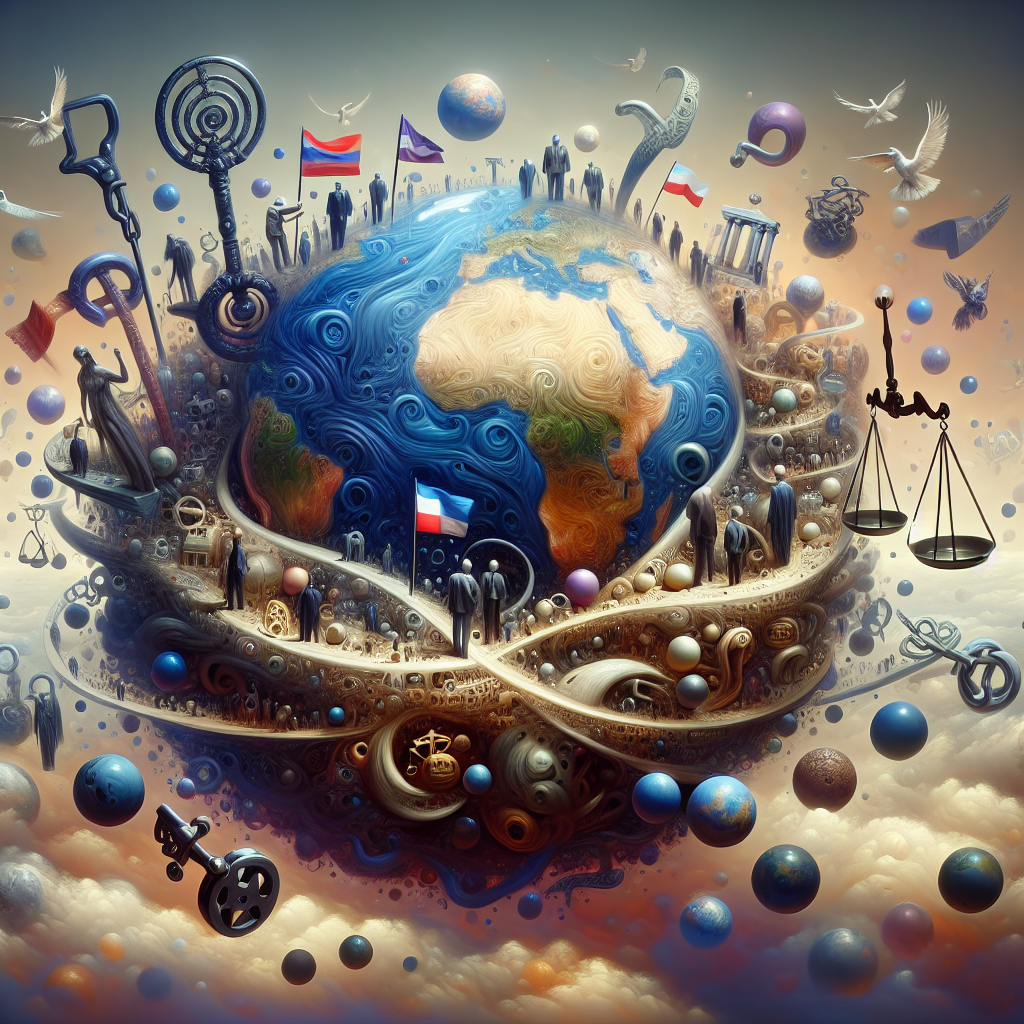The chessboard, so to speak, has been the globe itself, with the various nation-states moving their pieces in a dynamic dance of power, influence, and strategic positioning. However, as the world becomes more connected, there’s been an increasing emphasis on understanding the influence of non-state actors in the geopolitical arena.
Non-state actors include organizations such as multinational corporations, international non-governmental organizations (NGOs), and even certain influential individuals. Their growing influence has begun to reshape the geopolitical landscape, in some cases rivalling or even surpassing the power of some nation-states.
Multinational corporations, for instance, have become significant players on the global stage. With their vast resources and transnational reach, these entities often have a level of influence that extends beyond their home country’s borders.
Some multinational companies now have revenues greater than the GDP of substantial nations, allowing them to exert considerable sway over global economic trends.
International NGOs, on the other hand, have found a different niche within the geopolitical ecosystem. Humanitarian organizations like the Red Cross, advocacy groups like Greenpeace, and multilateral institutions like the United Nations, wield substantial influence through their ability to mobilize international public opinion, provide vital services, and shape discourse on global issues.
Even individuals, thanks to the power of social media and other forms of digital communication, can sway global political currents. Figures like Greta Thunberg, for instance, have played pivotal roles in shaping international discourse on pressing issues like climate change, proving that even a single person can make waves in the geopolitical pool.
In order to accurately analyze and predict global trends, it’s become increasingly essential for geopolitical analysts to consider the role of these non-state actors.
Ignoring them risks missing out on significant aspects of the global picture and can result in inaccurate assessments and predictions.
The rise of non-state actors in geopolitics also presents several challenges.
For one, these entities are often not bound by the same rules and regulations that govern nation-states, which can lead to unpredictable dynamics. Additionally, their influence often transcends conventional geographic borders, making it more complex to track their activities and impact.
Currently, the interplay between state and non-state actors is one of the most exciting areas in the field of geopolitical analysis. It’s a dynamic, evolving landscape that’s reshaping our understanding of power and influence in the 21st century.
Today, the most accurate geopolitical analyses are those that take into account the complex web of interactions among states, corporations, NGOs, and individuals. As the world continues to evolve, so too must our strategies for understanding it. The rise of non-state actors in geopolitics is a clear testament to this, highlighting the need for a more nuanced, comprehensive approach to global analysis.
Ultimately, the growing influence of non-state actors challenges the traditional state-centric view of geopolitics.
Recognizing and understanding this shift is key to navigating the complex currents of today’s global political landscape.
